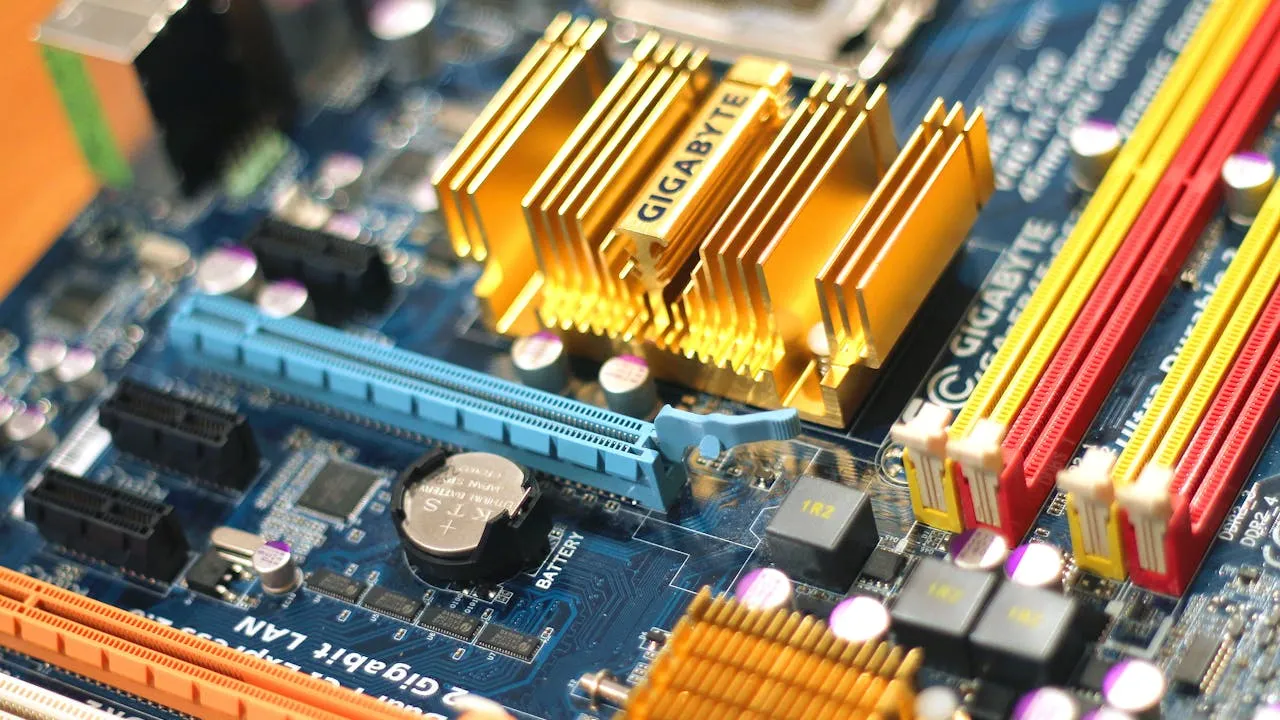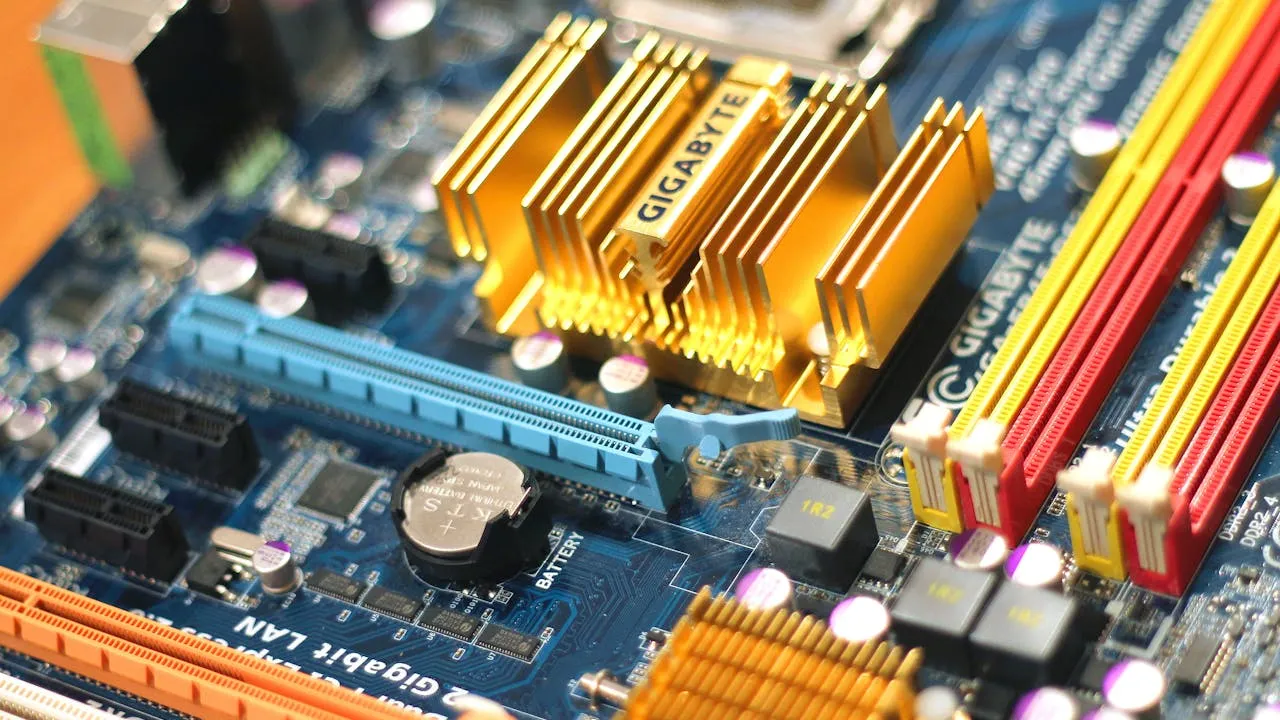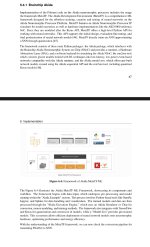Tothemoon24
Top 20

Frontgrade Gaisler Partners with BrainChip to Bring Akida AI Chips to Space - The Manufacture Data
BrainChip, the world’s first commercial producer of ultra-low power, fully digital, event-based neuromorphic AI, has reached an exciting milestone in its
Frontgrade Gaisler Partners With BrainChip To Bring Akida AI Chips To Space
- THE MANUFACTURE DATA
- DECEMBER 16, 2024
- PRESS RELEASES

BrainChip, the world’s first commercial producer of ultra-low power, fully digital, event-based neuromorphic AI, has reached an exciting milestone in its mission to revolutionize edge computing. The company recently announced a commercial licensing agreement with Frontgrade Gaisler, a leading provider of radiation-hardened microprocessors specifically designed for space applications. Under this agreement, Frontgrade Gaisler will integrate BrainChip’s Akida™ IP into their next-generation, fault-tolerant system-on-chip (SoC) solutions, enabling advanced hardware AI acceleration for space missions.
This groundbreaking collaboration signifies a major leap forward in the deployment of artificial intelligence in space environments, as it paves the way for AI chips to operate reliably in the harsh conditions of outer space. The Akida neuromorphic computing platform was selected for its unique ability to process real-time data streams with resilience, autonomy, and precision, all while maintaining minimal power consumption and occupying a small physical footprint.
Driving Neuromorphic AI to the Furthest Edge
The European Space Agency (ESA) has been at the forefront of efforts to bring neuromorphic computing to space, highlighting its transformative potential in applications such as computer vision, navigation, and fault detection. Laurent Hili, Microelectronics and Data Handling Engineer at ESA, explained why neuromorphic computing is poised to revolutionize space technology.While many fields undoubtedly benefit from neuromorphic computing, one critical application area is computer vision, said Hili. “Current FPGA or GPU technologies often fall short when deployed at the edge in space missions due to their significant power, mass, and volume constraints. Neuromorphic technology, as demonstrated through several ongoing projects with satellite manufacturers and IP/component suppliers like Frontgrade Gaisler and BrainChip, addresses these challenges head-on.”
This sentiment underscores the importance of the Akida platform’s cutting-edge capabilities. Neuromorphic computing mimics the human brain by processing information through event-based, spike-driven architectures, which are inherently more power-efficient than conventional AI systems. Such efficiency is particularly valuable in space missions, where every watt of power, gram of mass, and cubic centimeter of volume is at a premium.
Enhancing Space-Borne Computers
BrainChip’s Akida neuromorphic technology will significantly enhance the performance of space-based, on-board computers. Its ability to deliver superior power efficiency and inference performance while maintaining compatibility with existing Convolutional Neural Networks (CNNs) makes it a game-changer for space applications. By leveraging the Akida IP, Frontgrade Gaisler aims to deliver AI-enabled space processors that can handle complex tasks such as anomaly detection, image recognition, and data analysis in real time without the need for continuous communication with Earth-based systems.For the last 20 years, Geisler’s space-grade microprocessors have been successfully deployed to every planet in our solar system through missions led by ESA and other major space agencies, said Sandi Harbin, General Manager at Front grade Geisler, a Front grade company. Our evaluation of Brain Chip’s Aida IP revealed that it perfectly complements our roadmap for future space processors. Licensing this technology is a natural next step in advancing our systems with cutting-edge neuromorphic AI capabilities.
The collaboration between BrainChip and Frontgrade Gaisler demonstrates the growing demand for space-optimized AI solutions. Neuromorphic technology’s ability to process data in a more human-like and efficient manner aligns perfectly with the stringent requirements of space exploration, where autonomy and reliability are non-negotiable.
Realizing a Vision for Space AI
Sean Hehir, CEO of BrainChip, emphasized the significance of this partnership in advancing the boundaries of AI in space. “This collaboration with Frontgrade Gaisler to license Akida IP for space-based SoCs is a critical milestone in addressing the market demand for AI in space deployments,” said Hehir. “What was once thought unattainable—bringing advanced AI to space—is now becoming a reality, and we are proud to play a pivotal role in this transformation. Our trusted relationship with Frontgrade Gaisler enables us to push the limits of what’s possible in space computing.”The integration of BrainChip’s Akida IP into Frontgrade Gaisler’s SoCs represents a union of two innovative approaches: BrainChip’s focus on event-based neuromorphic AI and Frontgrade Gaisler’s expertise in developing radiation-hardened, fault-tolerant microprocessors. Together, the companies are set to overcome some of the most challenging obstacles in space technology, such as the harsh radiation environment and the need for ultra-efficient computing solutions.
As space missions become increasingly complex and ambitious, the demand for autonomous, intelligent systems capable of making split-second decisions without relying on Earth-based control is growing rapidly. The Akida platform’s ability to support on-board AI inference while conserving resources makes it a vital component of the next generation of space exploration technologies.
This partnership highlights the importance of collaboration in advancing the frontiers of technology. By combining their strengths, BrainChip and Frontgrade Gaisler are enabling AI to extend its reach far beyond Earth, opening up new possibilities for innovation and discovery in the vast expanse of space.


